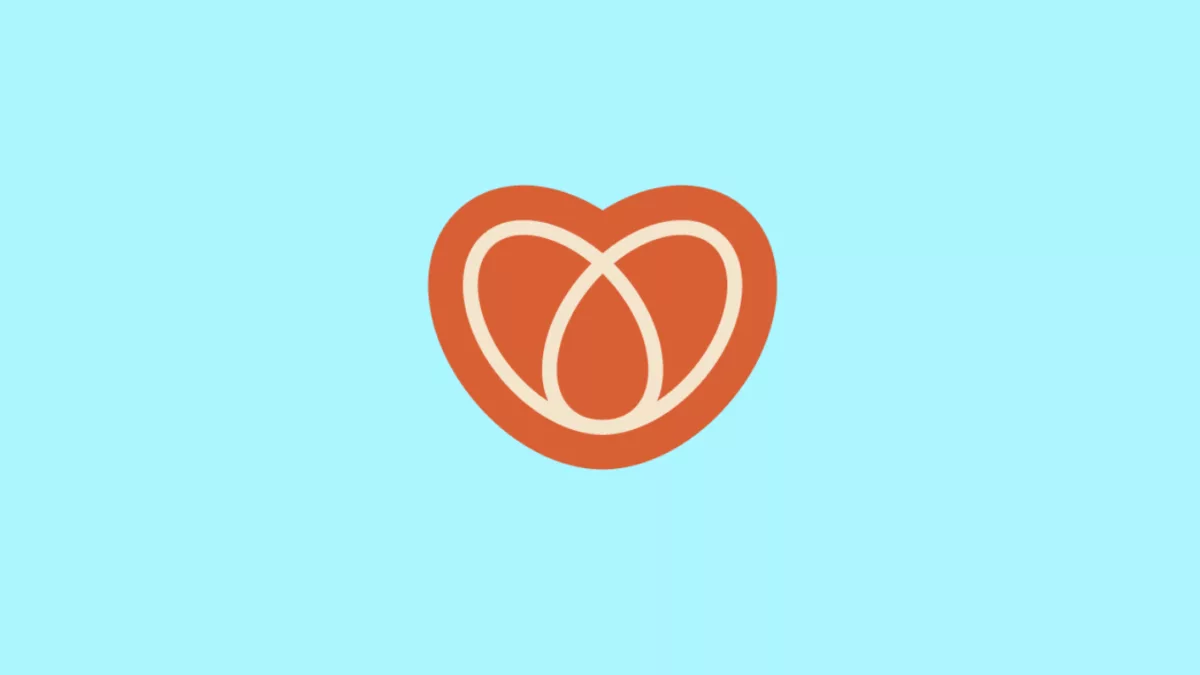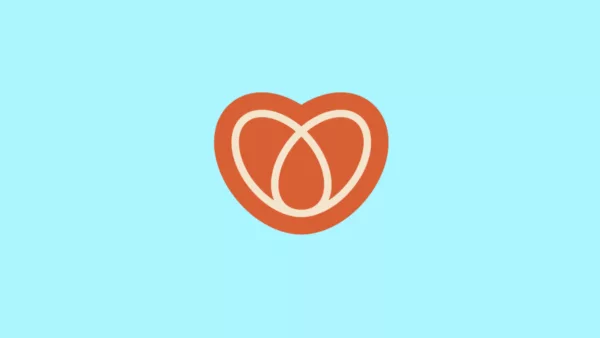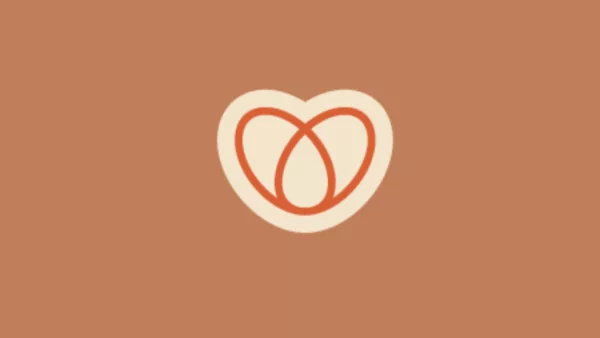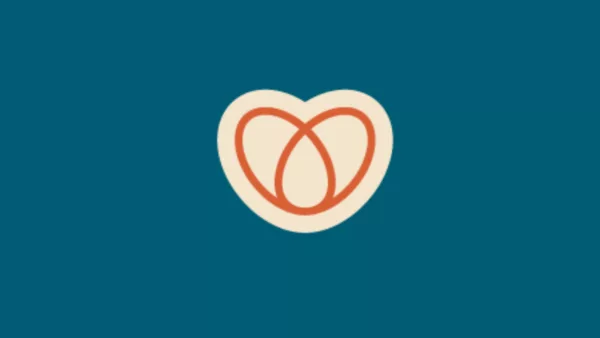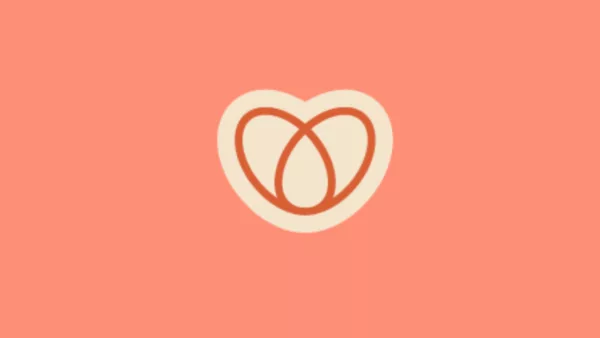This story is proudly brought to you in partnership with Capsule x Fertility Associates
What many of us took away from health class during our high school days, was that getting pregnant was terrifyingly easy. It could happen any time you had sex! It could happen so easily, it was just like falling over – you might just fall pregnant on your first go!
So, it’s really not surprising that it then comes as quite the rude shock to so many couples, who – after years or decades of trying so hard not to get pregnant – then find it actually bloody difficult to do so.
For some couples, after years of trying, they may need to look at outsourcing things and bring in a donor egg or donor sperm to make their baby dream come true. Likewise, the donor route is one that many single women may go down, as well as same-sex couples or transgender people.
It can be a tricky route to navigate though – particularly because there’s currently a very long wait list to receive donor sperm (partly due to the fact that in New Zealand it’s illegal to pay or give “valuable consideration” to a donor – as well as the fact it still unfortunately seems to be a bit of a taboo conversation!).
Whatever the scenario is though, it’s obviously a hugely emotional journey – for both the recipients of donor sperm and eggs, but also for the donors themselves who opt to give (often a complete stranger) such a huge gift: the gift of life.
Sam* is one such Kiwi, who knows what it’s like to be on either side of that process, having used donor eggs to grow his family, which in turn spurred him to pay the favour forward, and donate sperm to help someone else achieve their dream of having children.
Sam (43) and his wife, Grace* (41) had both wanted to have children for a long time, and finally had their daughter, Tamara* in November 2021. “We’d always planned to have children a little later in life,” says Sam, “but not quite for it to take this long! Being older parents has still been incredible.”
Grace and Sam first found out they would need an egg donor in order to conceive and have a much wanted child, in 2016. “This was our first introduction into the world of assisted fertility and all the many facets of support available through fertility associates,” Sam says. “We initially reached out to our family and network of friends and were incredibly grateful to receive an offer of an egg donation from a cousin on my wife’s side of the family.”
Many challenges still laid ahead – the hardest being their first pregnancy with daughter Toni, who they lost due to medical complications as a result of a toxoplasmosis virus. It was an incredible heartbreak for the family – which was only compounded by the fact that it happened during the first Covid-19 lockdown. “It was both an incredibly challenging, but incredibly strengthening experience that has made my wife and I stronger together, and for advocating for baby loss awareness.”
Following on from that traumatic experience, the pair took a break before tranfering their very last embryo in February 2021 which saw little Tamara be born at the end of that year. And, without a shadow of a doubt, the wait to become parents has been more than worth it for Sam. “Life as a father and as a family is incredible,” he says. “It’s so much fun – and definitely a few challenges, occasionally! We have tried to continue getting out and about, exploring our wonderful country, travelling, adventuring and having fun. I know everyone says it but, wow, that first year goes so fast and so much happens, and then all of a sudden you have this amazing walking, talking, excited, happy, learning mini-person!”
Hearing Sam’s love and awe at being a parent makes it hardly surprising that he then wanted to pay forward the gift he and his wife received, and help another family in need.
“[Through the IVF process] I became aware of the huge wait for sperm donors,” says Sam. “I decided that the best way I could help others start their families was to go on the donor register. I have been open about this with a close network of friends and family who have supported us through our journey.”
It’s quite an involved process, becoming a donor – or even trying to become a donor, as your sperm is assessed and must meet a threshold of quality to be accepted. A saliva sample is also taken for genetic screening, to make sure that the donor is not a carrier of any genetic conditions. Counselling sessions are also provided.
“It’s initially quite drawn-out,” says Sam, “but I was well supported throughout this, especially considering I live a five-hour drive away from the clinic! I was able to achieve much of the required pre-work remotely, including counselling sessions.”
And really, having seen what it’s like on the other side of things, Sam has no complaints about the process. “By far the easiest part is being the sperm donor!” he says. “Having seen the journey through from egg donation to IVF and the other aspects, for us guys, it is straightforward.”
Sam has also felt confident in the process, having seen how robust the legalities and protections are around donation. The HAART Act was passed in 2005 and requires all men donating sperm to be identifiable. That means once a child turns 19 they may ask the clinic of the Registrar-General of Births, Deaths and Marriages for the identity of the donor. A donor can ask for the identity of all persons born as a result of their donation – but if the child is under 18 the parents must consent to this, or if they’re over 18 they have the right to consent themselves or not.
Some families and donors choose to be open and meet before IVF starts, or to have contact throughout the process, while others have zero contact. Sam says he has opted in his information that he is very open to meeting any potential recipients in advance, or that any resulting children can contact him later, as such a time that they choose. “I really want the best for whoever is able to start the family as a result of this donation,” he says.
And now, having been through the process, and seeing how life-changing it is, for all involved, he’d love to see more people do it.
“I would strongly encourage all guys to think about the incredible benefits you could offer another family that is wanting so much to start their own family and enjoy the journey through parenthood,” says Sam. “If you’ve had kids already and are thinking about getting the snip, then also consider sperm donation as one of those amazing things you can do to help your community.”
But Sam would also love to see us talk more openly about our own struggles and successes when it comes to fertility – with so many families going through their own journeys alone in silence, often not sure how to have those conversations, even with their loved ones. Particularly if it hasn’t been a conversation they’ve heard anyone in their family or friendship group speak about before.
“I encourage others to talk about their fertility journeys and difficulties,” says Sam. “Make it known that not every pregnancy is easy and there is often a huge unknown and misunderstood back story to every family.”
*Names have been changed to comply with privacy laws and anonymity guidelines surrounding sperm donation


